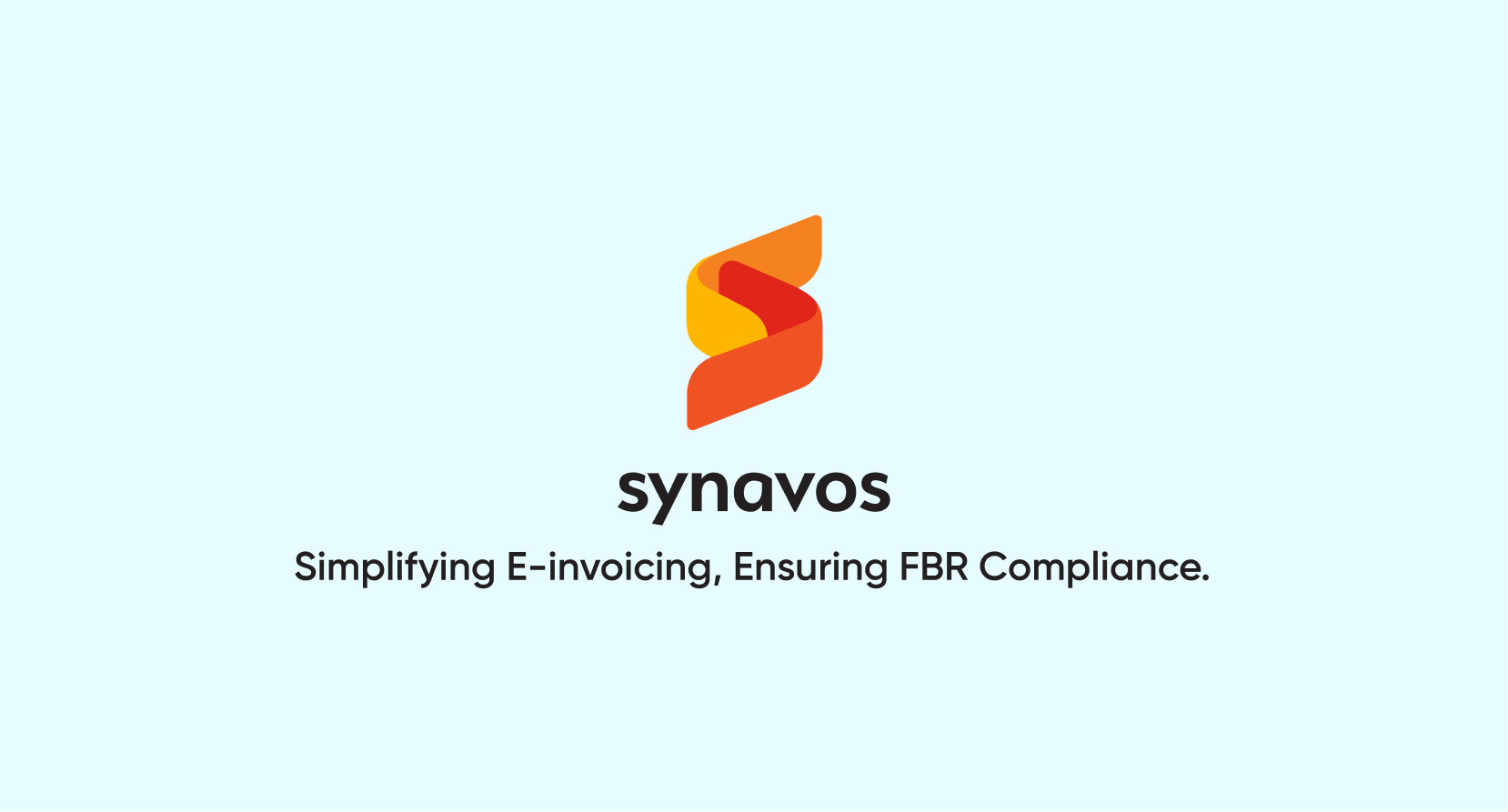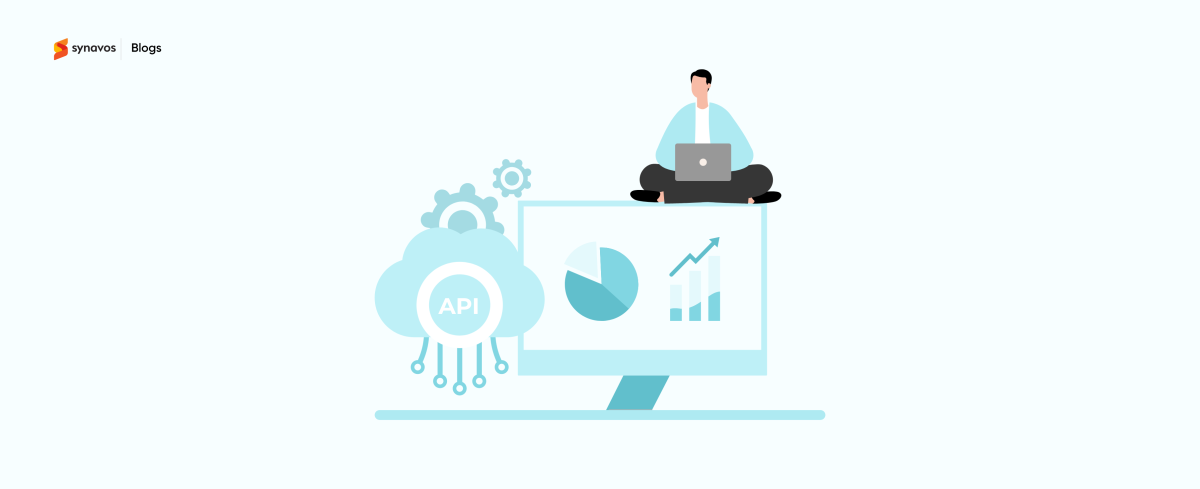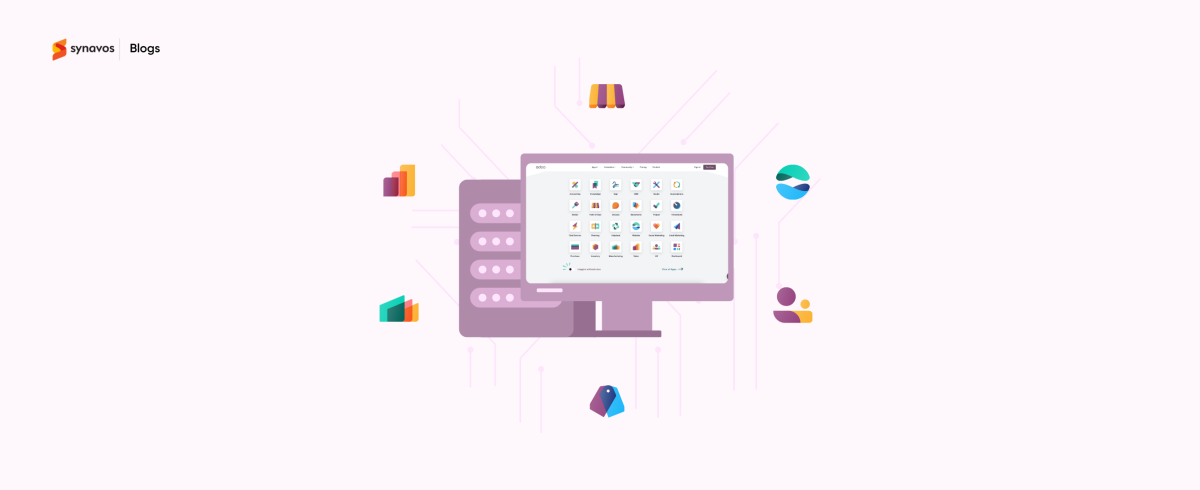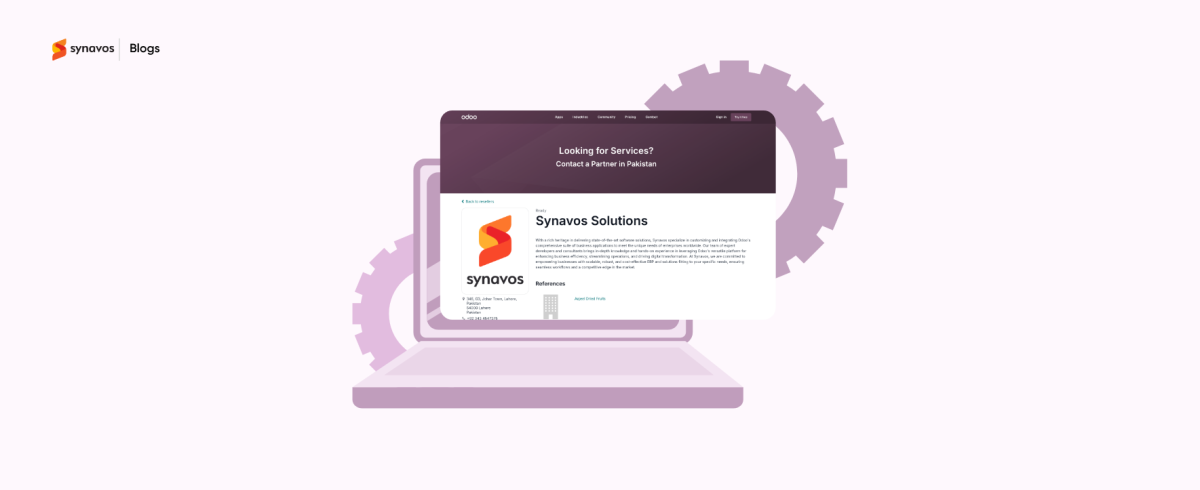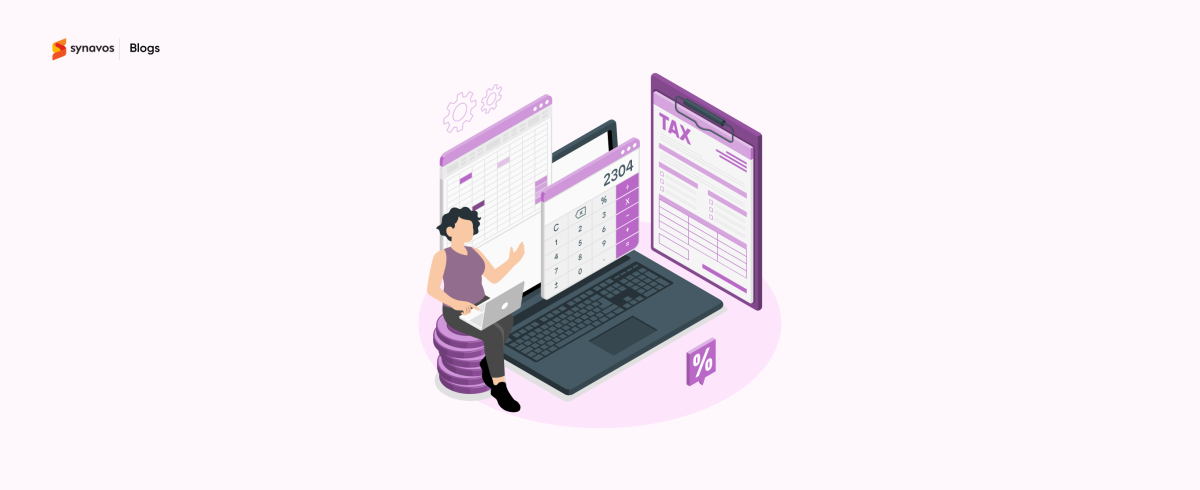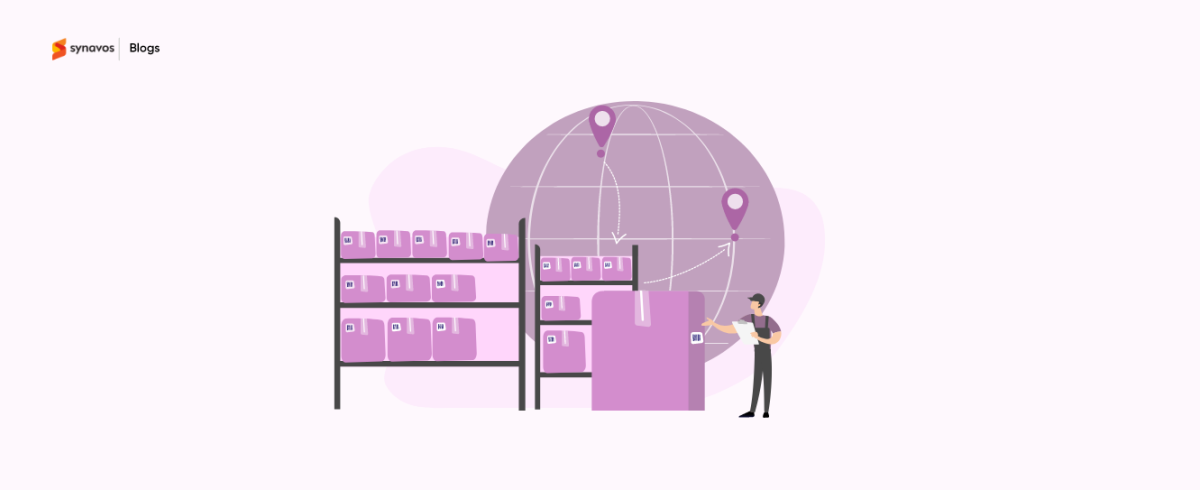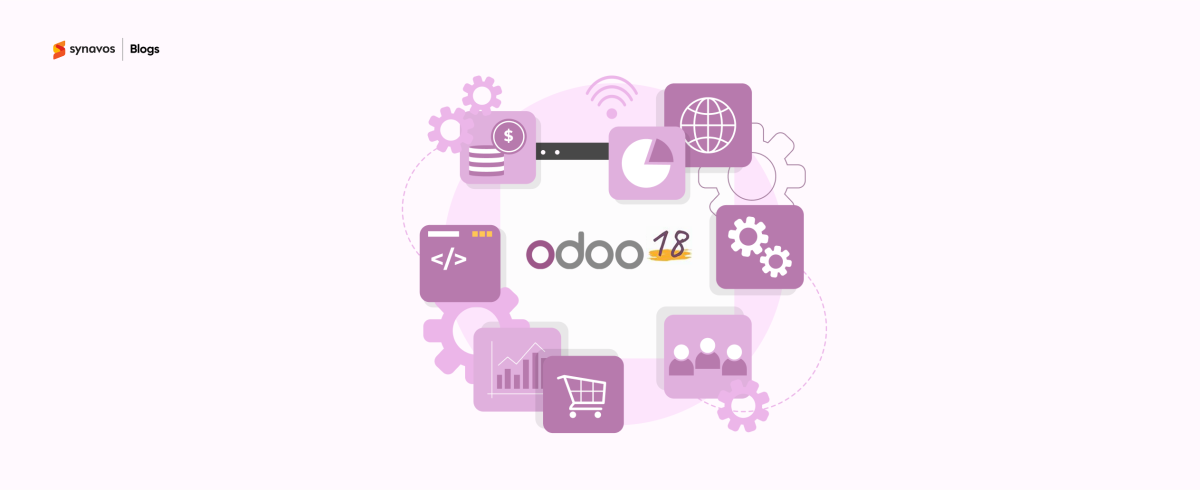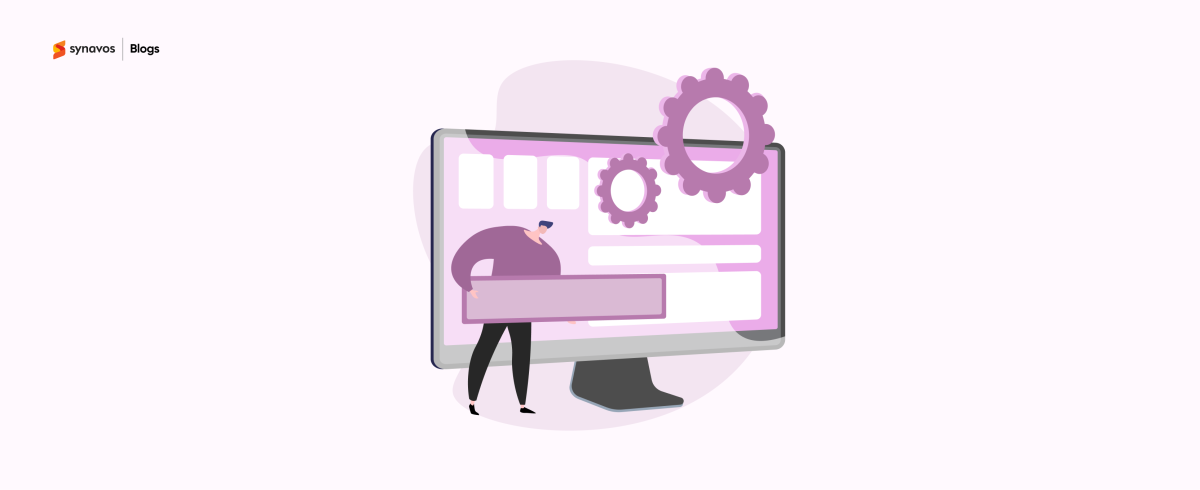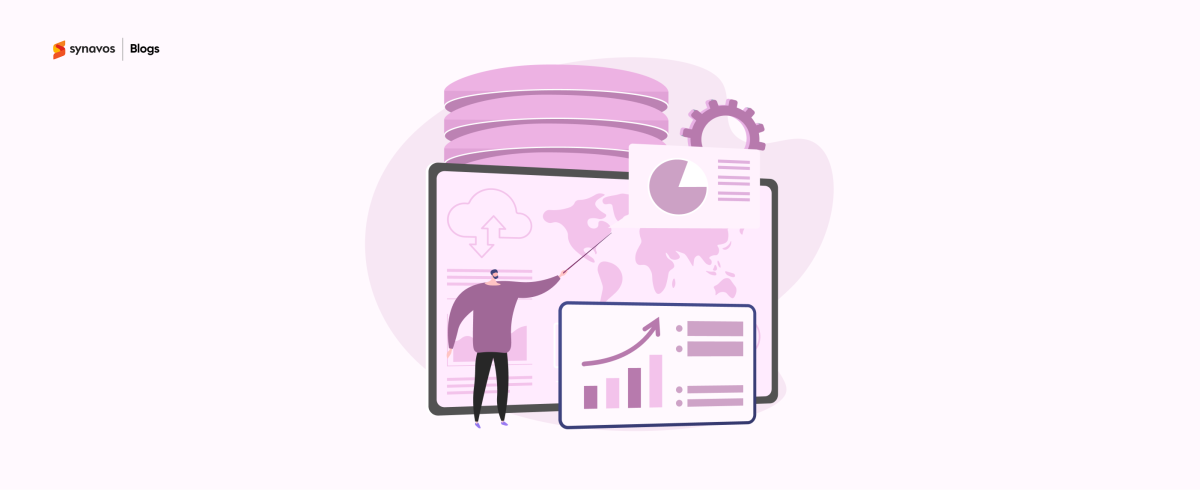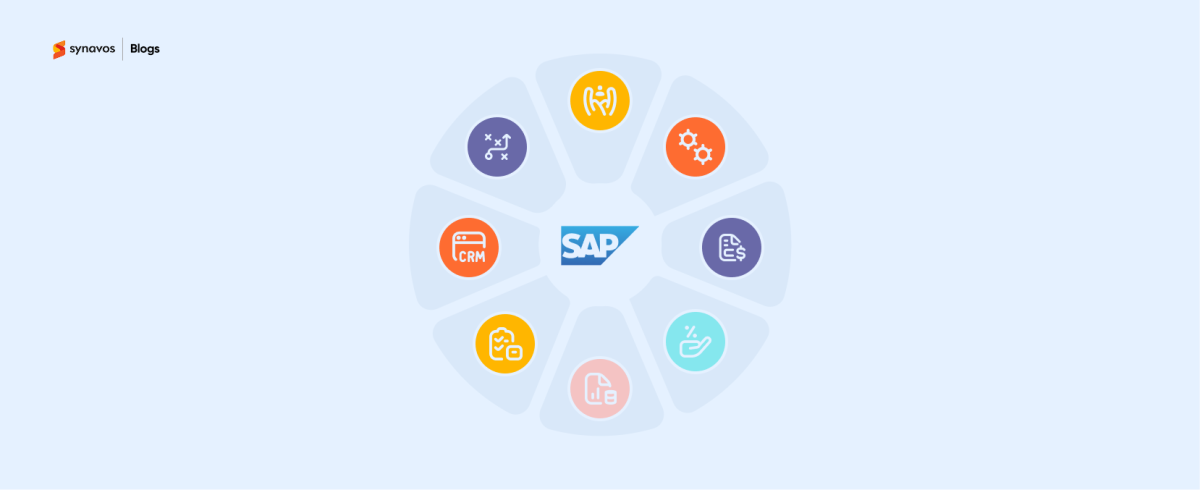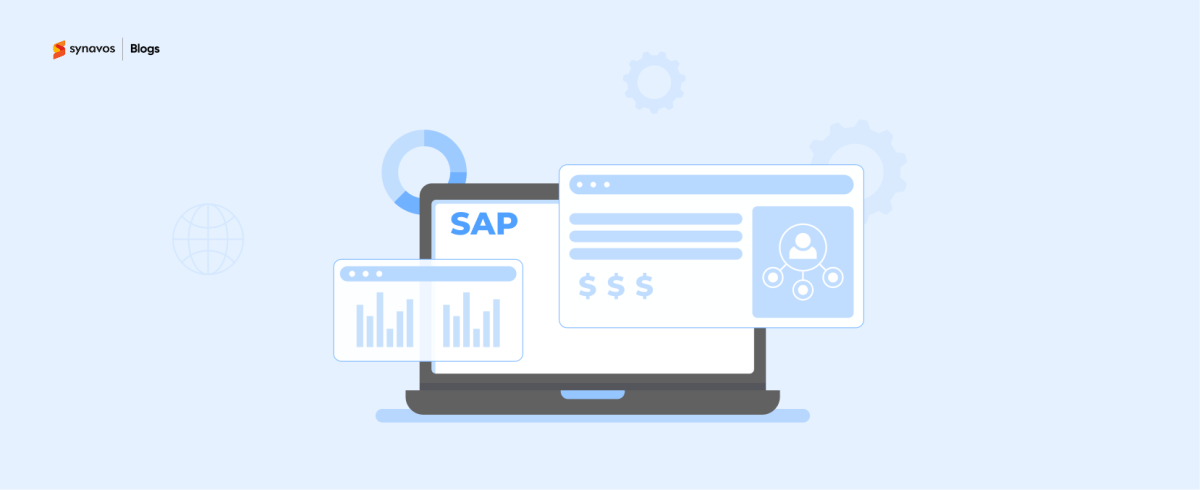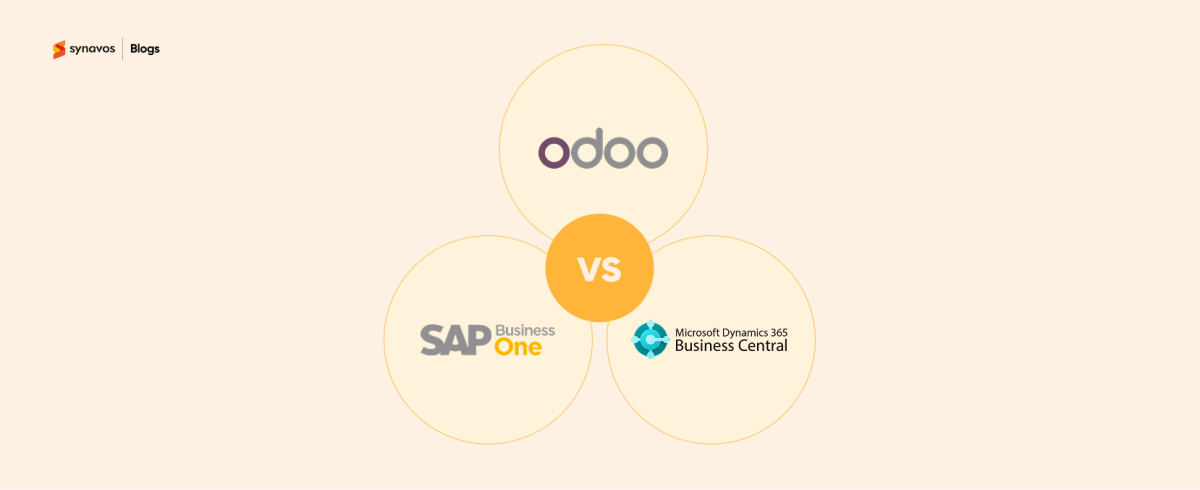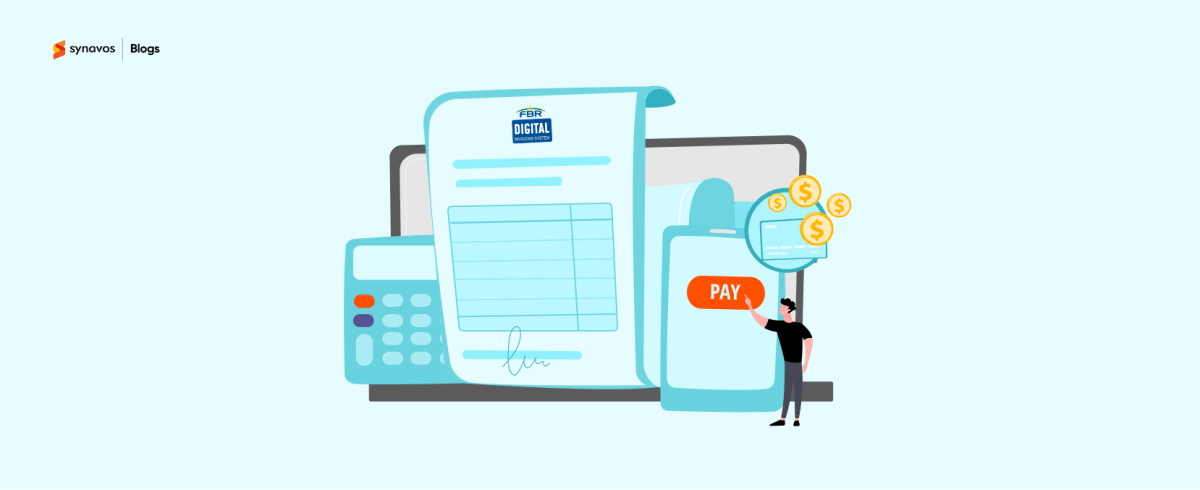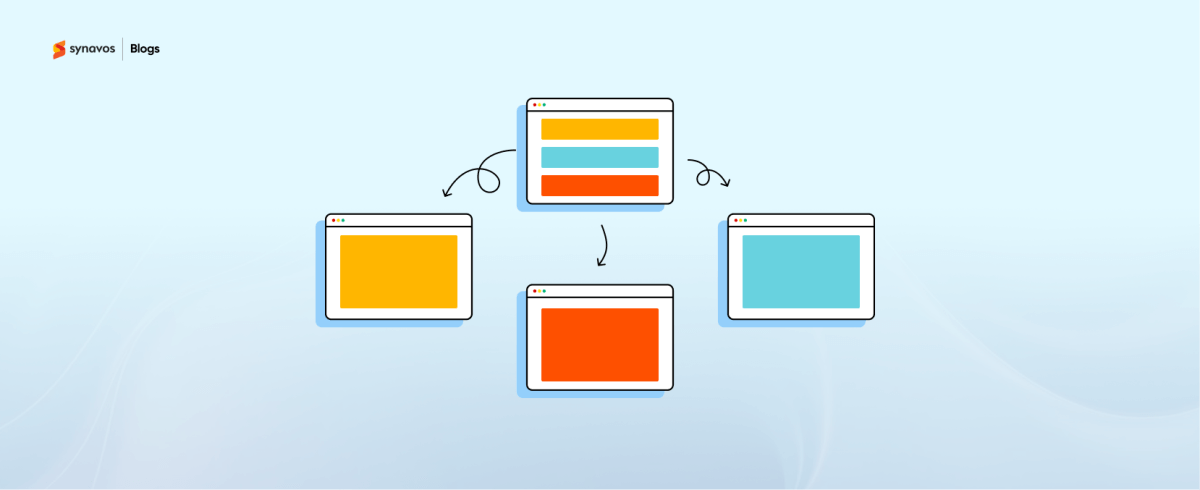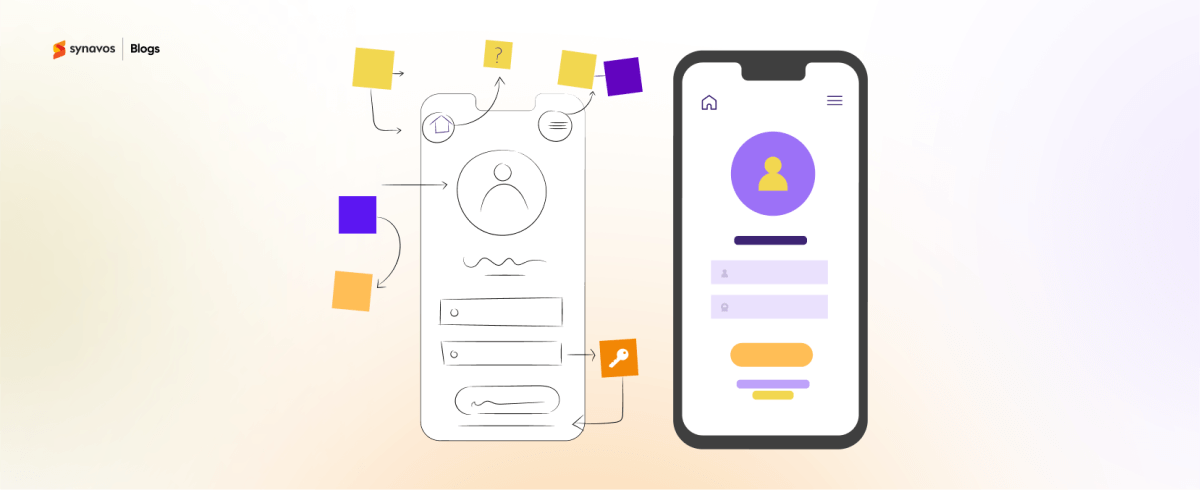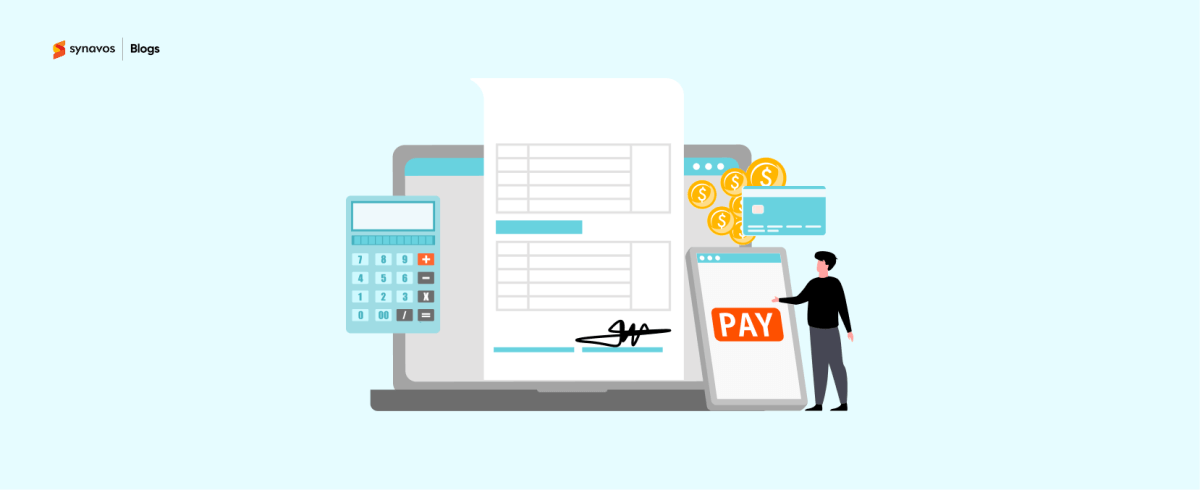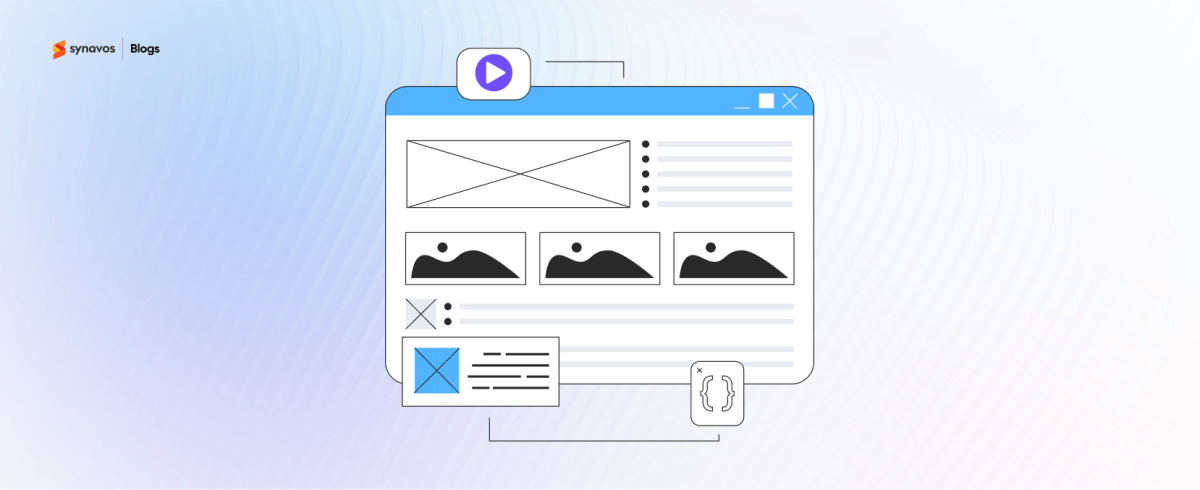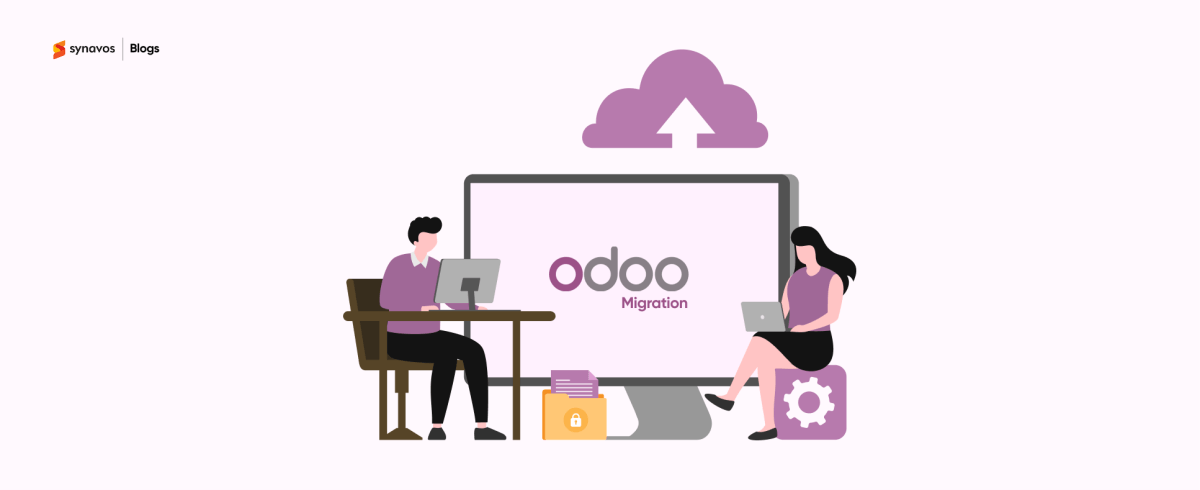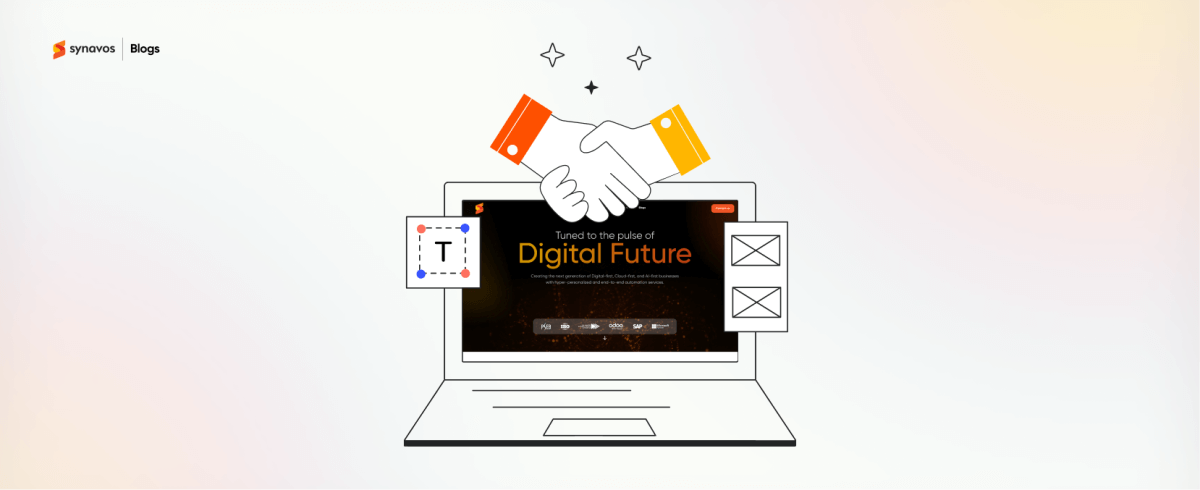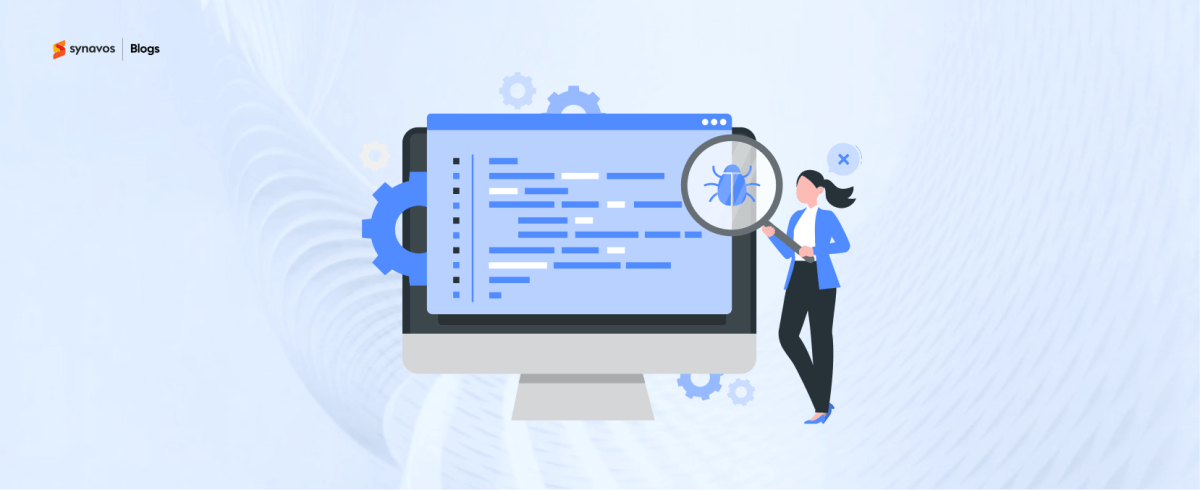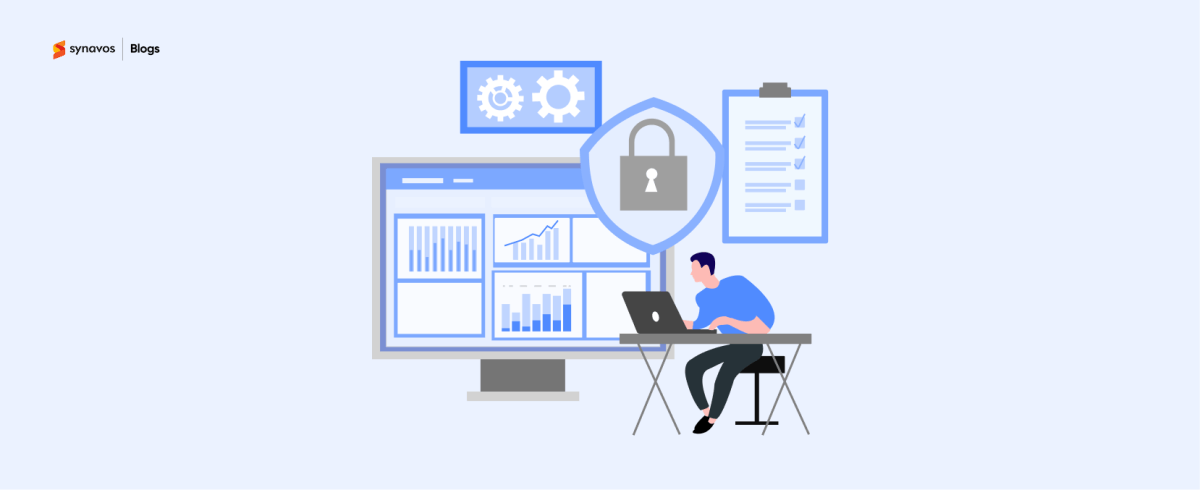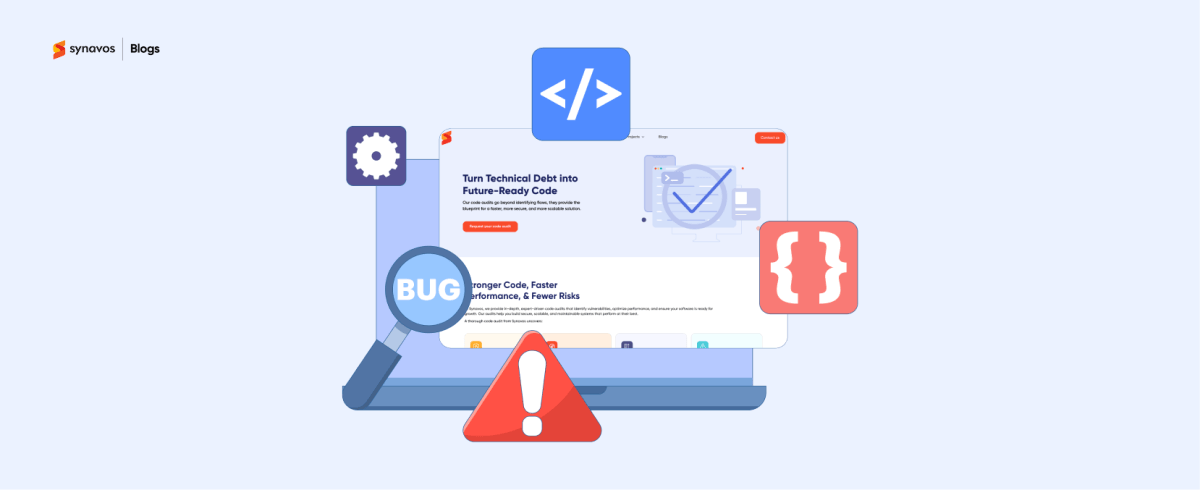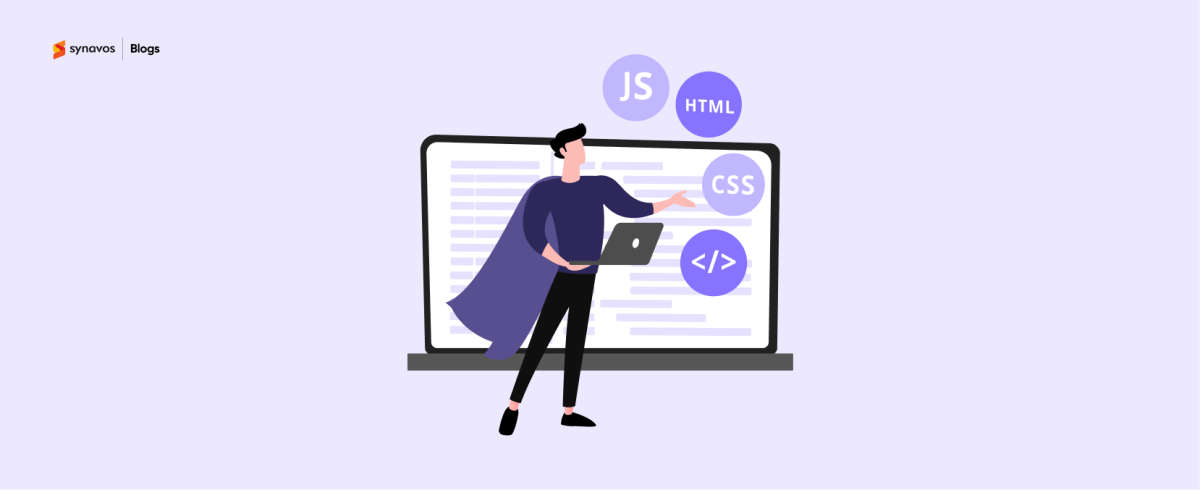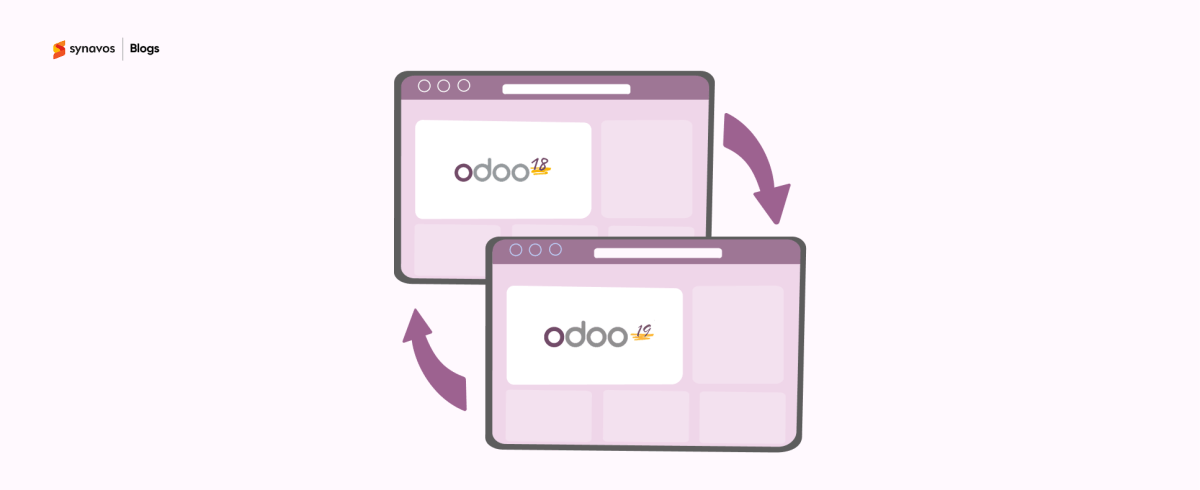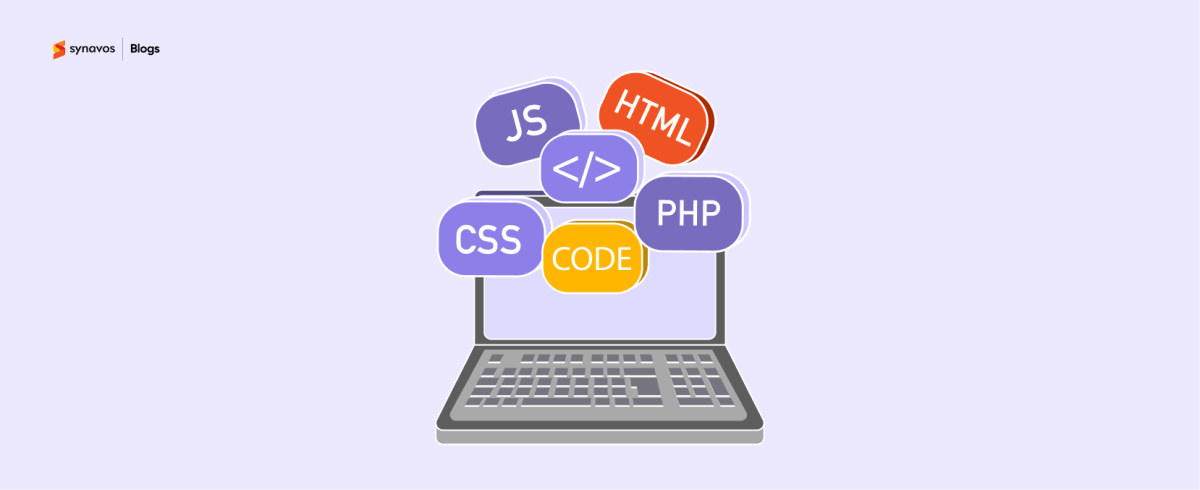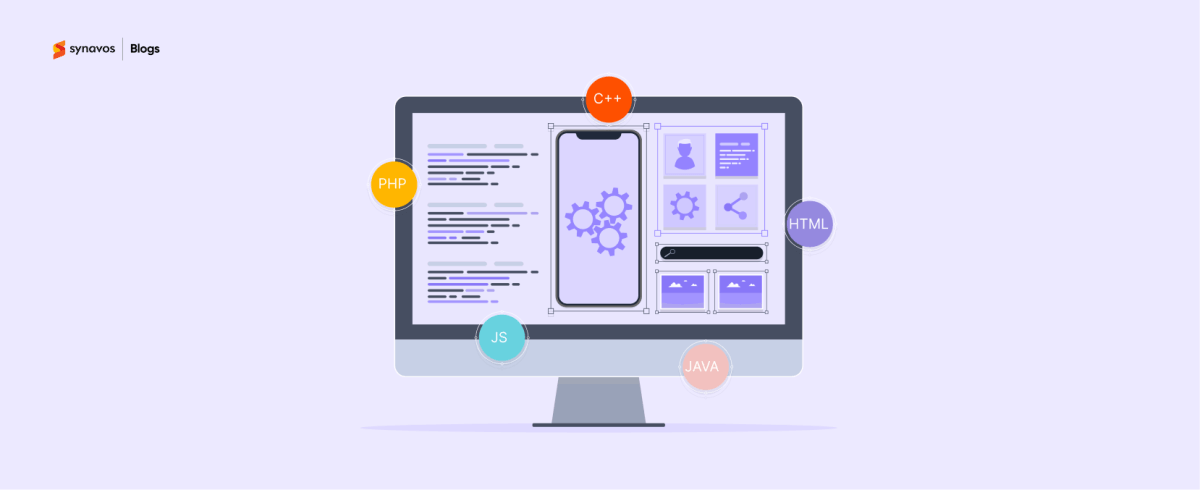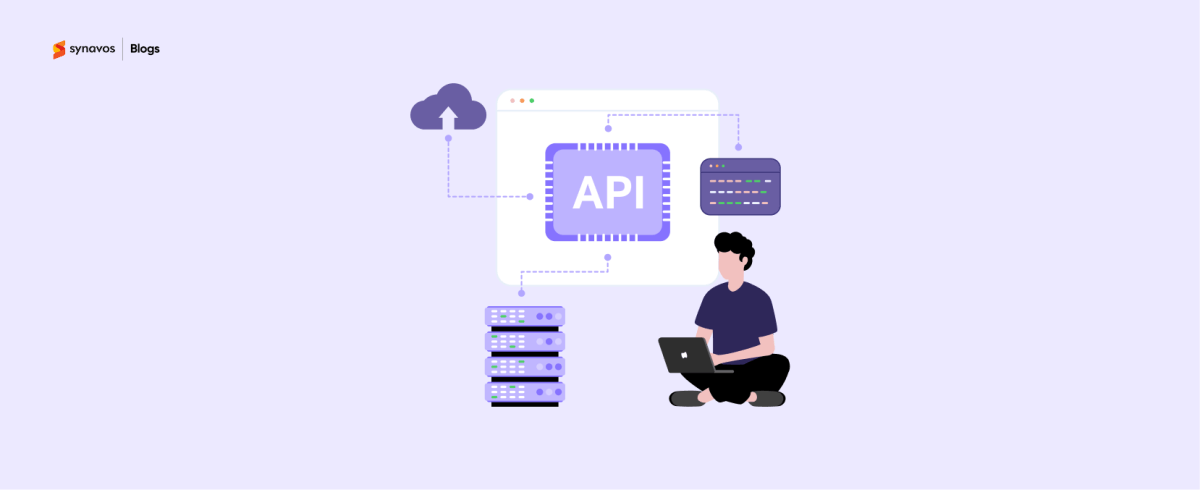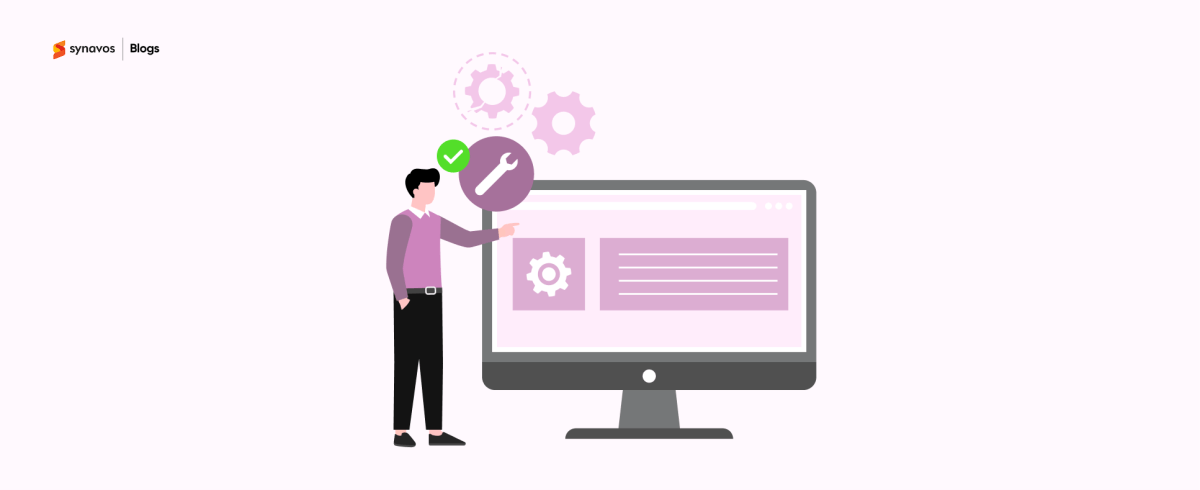With the Federal Board of Revenue moving forward with the mandatory adoption of e-invoicing for businesses in Pakistan, companies are now required to shift from traditional paper-based invoicing to digital systems. The digital invoicing regulation is aimed at reducing tax evasion, streamlining business processes, and improving transparency. However, this transition comes with its own set of challenges. As businesses in Pakistan make the shift to digital invoicing, there are several common mistakes they must avoid in order to ensure a smooth and compliant transition.
This article will walk you through the 7 most common pitfalls that businesses encounter when implementing an e-invoicing solution in their business, and provide practical guidance to help you navigate the process effectively.
1. Delaying Integration Until the Deadline
One of the most common mistakes businesses make is delaying the adoption of e-invoicing until the last minute. The FBR has set clear deadlines for different business categories, with larger taxpayers required to integrate their systems by September 2025 and smaller businesses by December 2025. However, waiting until the final days to begin the integration process can result in significant complications, including system errors, delays, and missed compliance deadlines.
The process of digital invoicing integration into your operations requires proper planning, coordination with IT teams, and time for training employees. Rushing through this process can lead to avoidable mistakes that may impact your business's ability to meet the FBR’s requirements.
2. Overlooking System Compatibility
One of the most significant challenges businesses face when implementing an e-invoicing solution is to make sure that their existing systems are compatible with the FBR’s platform, which is facilitated by PRAL (Pakistan Revenue Automation Ltd). Companies often mistakenly assume that simply implementing e-invoicing software will automatically work with the FBR system. However, PRAL manages the technical infrastructure that businesses need to connect with the FBR portal.
If your business’s ERP or POS system is not compatible with PRAL’s platform, it can result in data discrepancies, transmission errors, and delayed invoicing, which may cause compliance issues.
3. Ignoring Staff Training
A successful transition to e-invoicing requires that your team is well-equipped to handle the new system. One common mistake that many businesses make is neglecting to train employees on how to use the e-invoicing software. Without proper training, staff members may struggle to navigate the system, resulting in errors, delays, and inefficiencies in the invoicing process.
Additionally, mistakes such as incorrect tax calculations, missed submissions, and data entry errors can harm your business’s reputation and cause compliance issues.
4. Failing to Apply for API Credentials
One critical aspect of digital invoicing is the need for API credentials to connect your invoicing system to the FBR portal. Businesses must apply for these credentials in order to send invoices directly to the FBR for approval.
Failure in securing these credentials before going live can cause delays in invoice submissions and prevent you from fully complying with the FBR’s digital invoicing requirements. This is a mistake that many businesses overlook in their rush to implement the new system.
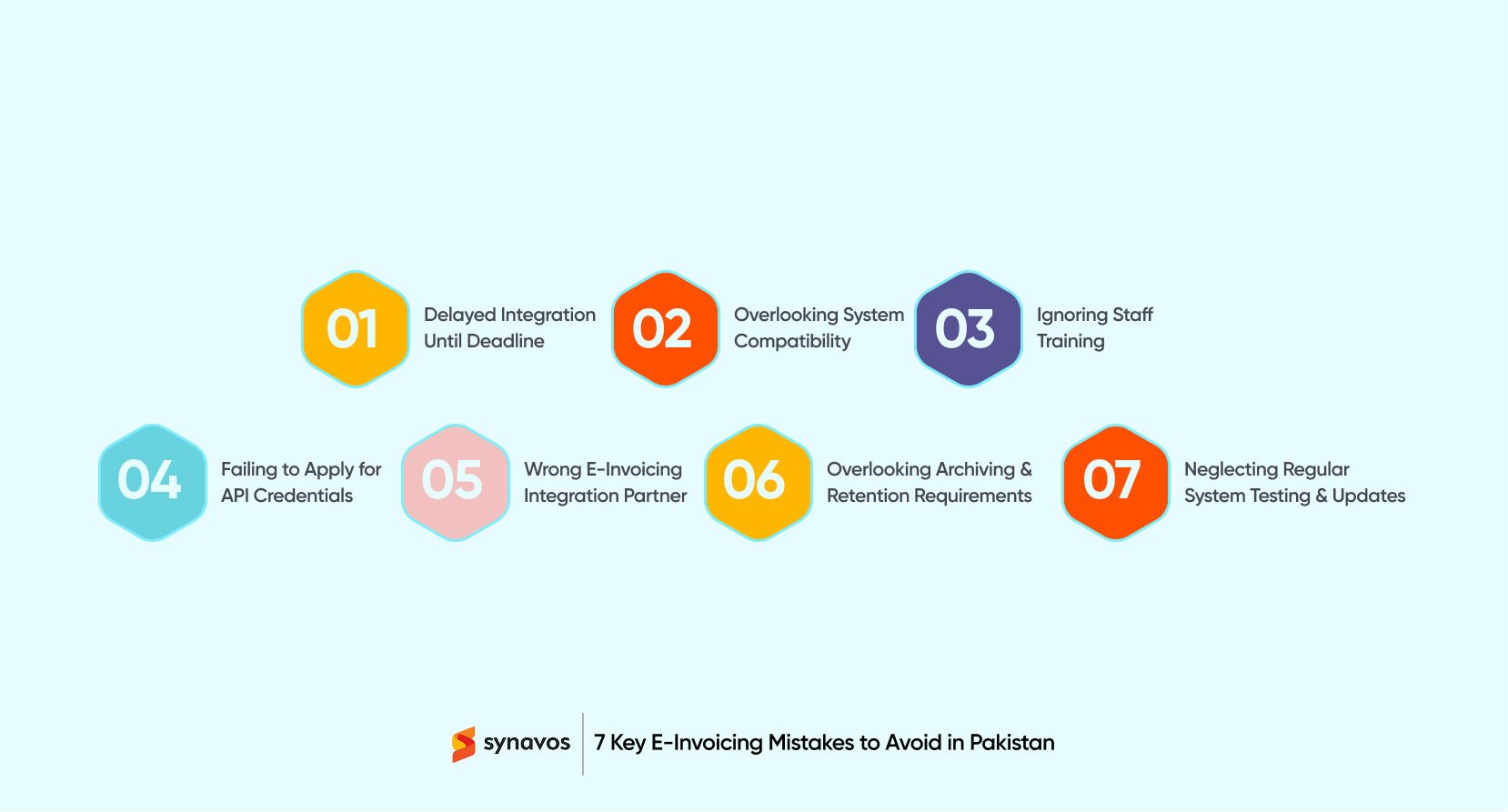
5. Choosing the Wrong E-Invoicing Integration Partner
Choosing the right partner for your e-invoicing integration is essential. Many businesses make the mistake of selecting a partner without fully evaluating their experience and expertise in working with the FBR’s system. An inexperienced or poorly equipped integration partner can lead to technical issues, delays, and increased costs.
In contrast, a credible digital invoicing solution provider will be familiar with local regulatory requirements and won’t overlook critical compliance aspects.
6. Overlooking Archiving & Retention Requirements
The FBR requires businesses to retain digital invoices for a minimum of six years. Failing to establish a secure and reliable archiving system can lead to non-compliance, especially during audits.
Many businesses underestimate the importance of this requirement and fail to put in place the necessary procedures to store and retrieve digital invoices when needed. Not having an effective archiving solution can expose your business to significant legal and financial risks.
7. Neglecting Regular System Testing & Updates
Once your e-invoicing system is up and running, it’s essential to regularly test and update it to ensure it continues to function correctly. Overlooking this aspect can lead to system failures, data discrepancies, and compliance issues.
The FBR may update its digital invoicing requirements or introduce new features, and failing to stay updated with these changes could leave your system non-compliant.
How Synavos Can Help
Moving to e-invoicing in Pakistan is an important step for businesses to improve efficiency and stay aligned with FBR regulations. However, the complexities of integrating with PRAL can be daunting. That’s where the right support makes all the difference.
Synavos offers practical solutions to help businesses seamlessly connect their systems with PRAL and ensure smooth invoicing so your company stays compliant with the latest tax requirements.
Get in touch with us today to discuss how we can support your compliance journey.
